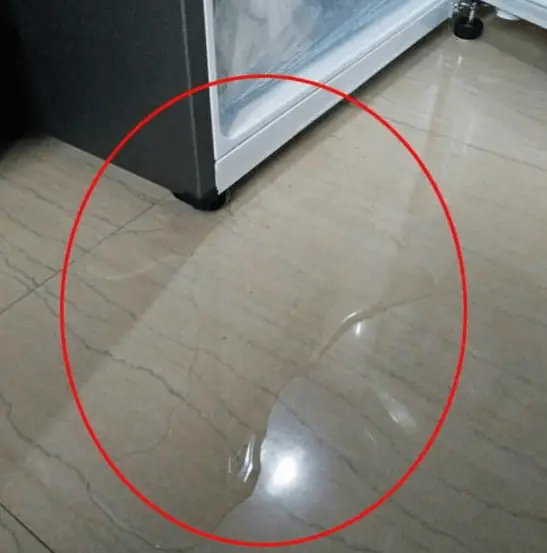
How to store leftovers safely to prevent food poisoning.
The principles of storing leftover food to prevent food poisoning.
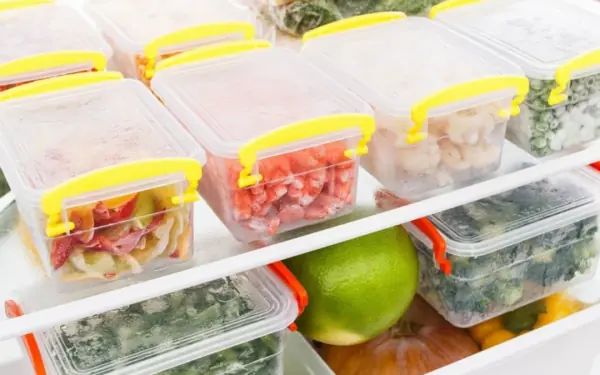
Below are some key points to safely store leftovers:
1. Proper Temperature
Most people believe they should wait for food to cool before placing it in the refrigerator, but the opposite is true. Even in hot weather, it’s best to refrigerate food quickly to prevent bacteria from multiplying. Leftovers should be stored at temperatures below 5°C and reheated to at least 60°C. Other temperature ranges provide ideal conditions for harmful bacteria to thrive.
Additionally, frequently opening and closing the refrigerator door can raise its internal temperature, reducing cooling efficiency and increasing electricity bills.
You should also pay attention to the refrigerator’s capacity. If the fridge is overstuffed, cold air circulation is hindered, leading to wasted energy, reduced cooling efficiency, and shorter food preservation times. Nutrition experts recommend keeping your refrigerator 70–80% full and cleaning it regularly to avoid food safety issues.
2. Store Leftovers Within Two Hours
Leftovers should be placed in the freezer or refrigerator within two hours after cooking to prevent harmful bacteria from spreading.
3. Use Appropriate Storage Containers
According to Mitzi Baum, CEO of STOP Foodborne Illness in the U.S., all leftovers should be stored in shallow, sealable containers to cool faster. Food should be packed in dry, airtight containers to prevent air from entering.
4. Place Cooked Food on Upper Shelves and Raw Food Below
Cooked food should always be stored on the upper shelves to avoid cross-contamination from the juices, blood, or bacteria of raw food.
5. Portion Food Before Freezing
Thawing and refreezing food multiple times can cause ice crystals to melt and reform, reducing food quality and encouraging bacterial growth. To avoid this, divide food into smaller portions before freezing.
6. Label Food with Purchase or Cooking Dates
Labeling food with dates helps track how long it has been stored, allowing you to discard items nearing expiration promptly.
News in the same category

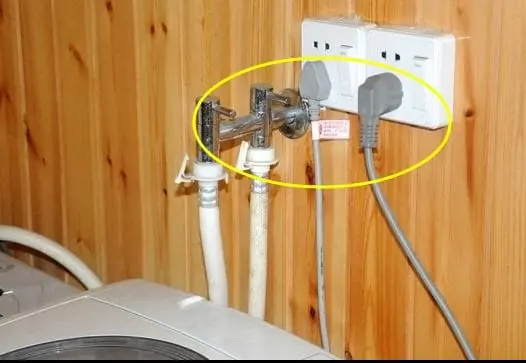
7 Power-Hungry Home Appliances: Unplugging Them Can Save Electricity—but Also Shorten Their Lifespan
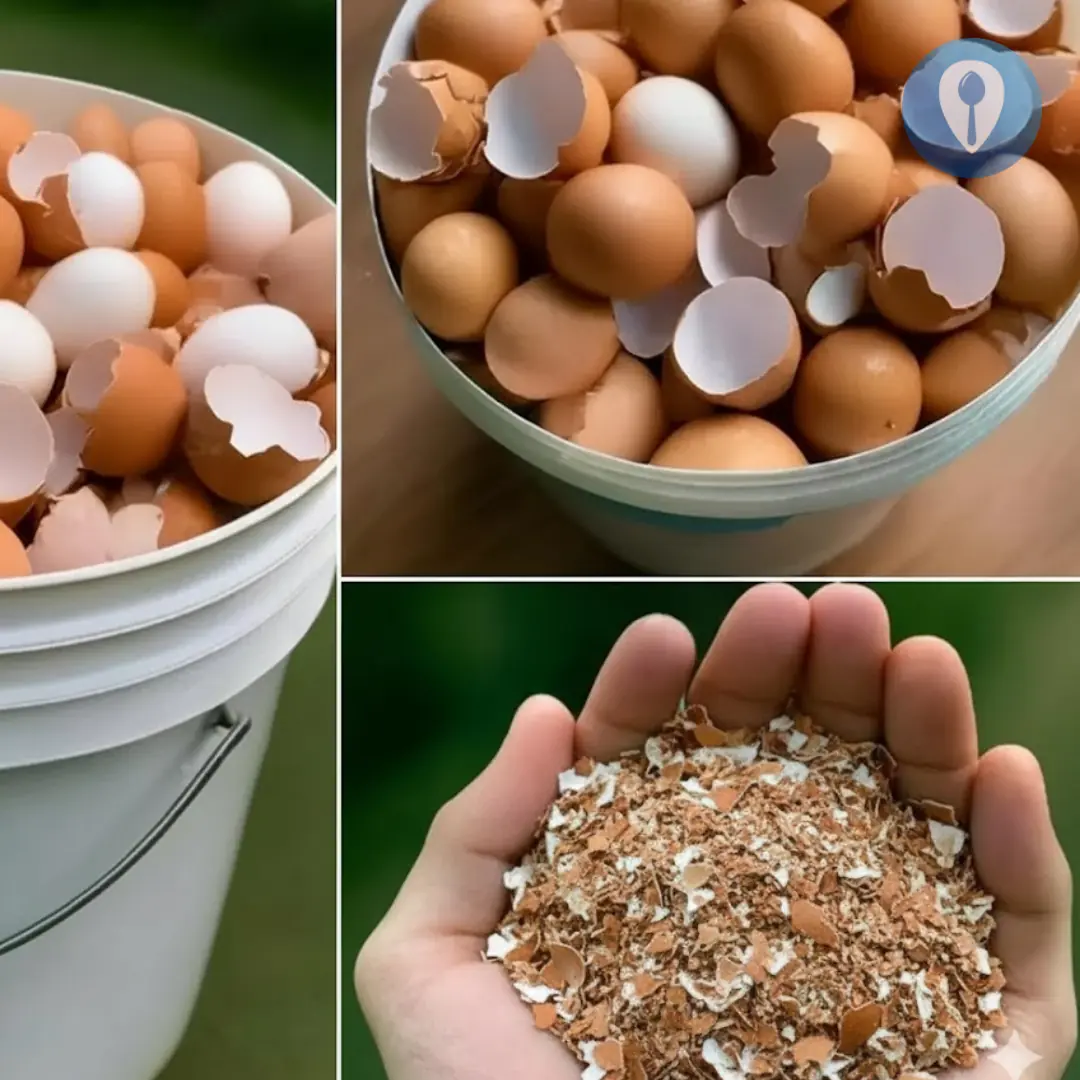
Boil eggshells and say goodbye to the …
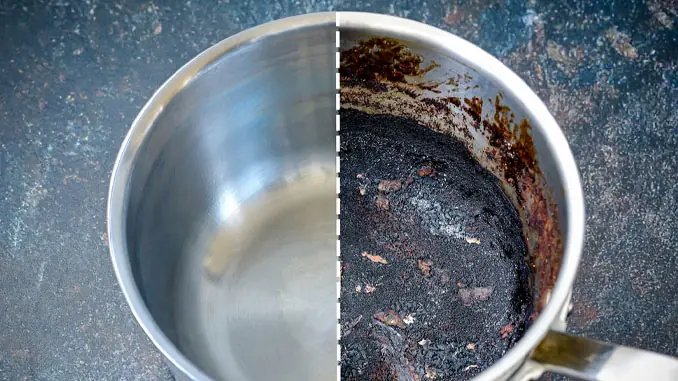
Instead of using steel wool, this is the proper way to clean stainless-steel pots and pans to help extend their “lifespan”—a tip many people don’t know.
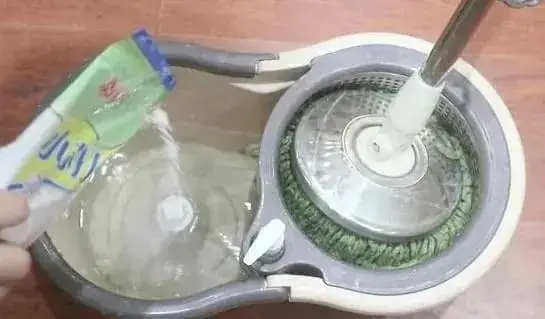
Mopping with Plain Water Is Pointless: Add This One Thing and Your Floor Will Shine Like a Mirror All Week!

How to store rice properly to prevent moths and keep it fresh longer
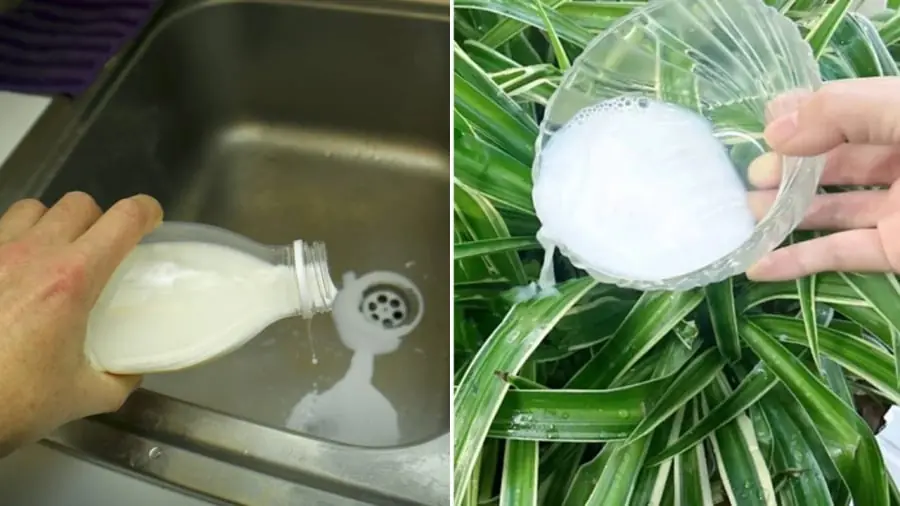
Don’t Throw Away Expired Fresh Milk — Keep It for These 4 Amazing Uses

How to drive away an entire rat colony using simple household ingredient
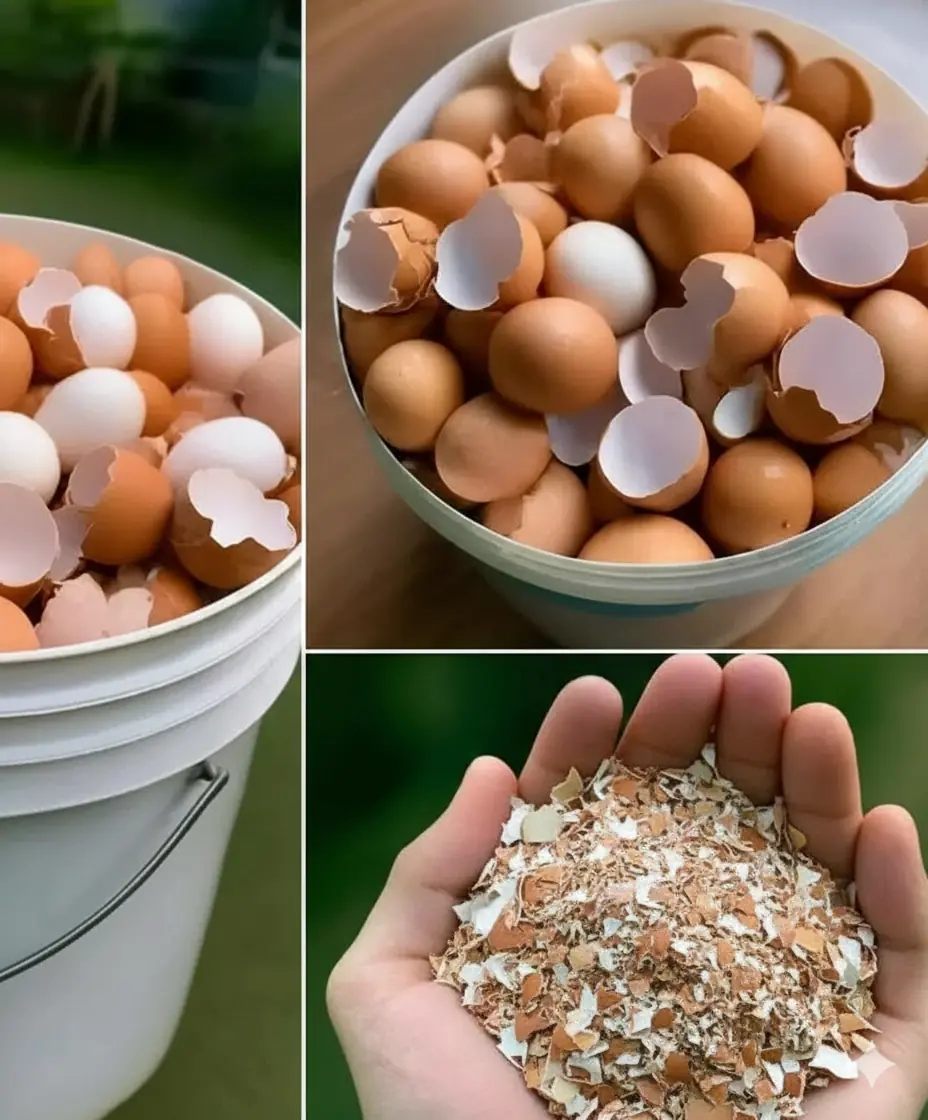
Boil eggshells and say goodbye to waste: The surprising uses you need to know
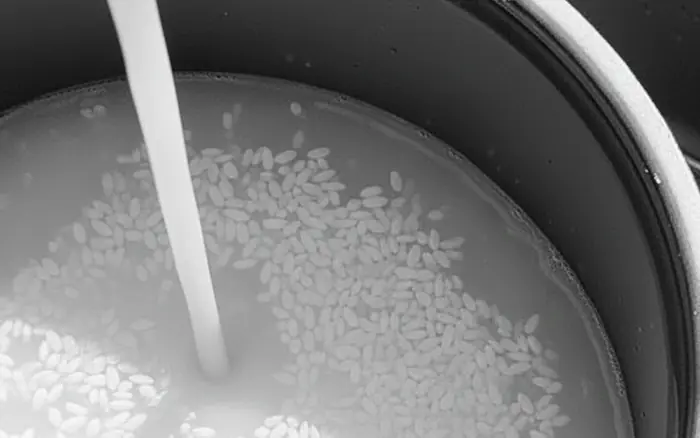
Cooking Rice with This Milky-White Liquid Is Far Better Than Using Plain Water: Tastier Rice, Better Skin, and Protection Against Many Diseases
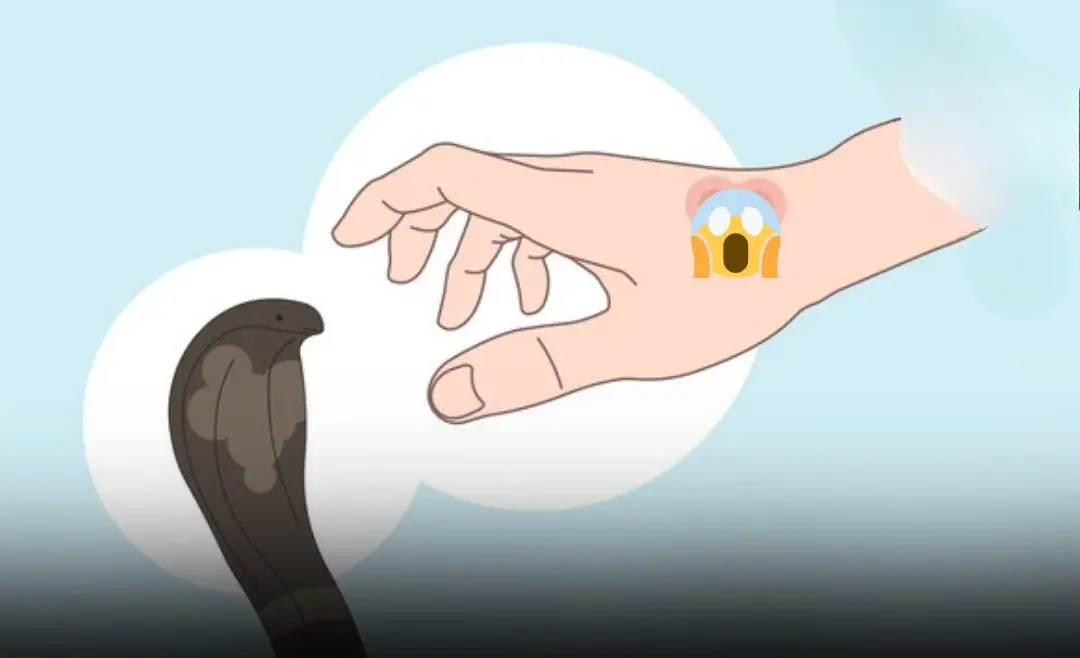
The First Steps to Take After a Snake Bi:te

Garlic skins may seem useless, but they can be surprisingly helpful in daily life

Mixing Toothpaste with Salt: Surprising Uses and Benefits You Can Try at Home

The ring you pick will reveal your truest trait
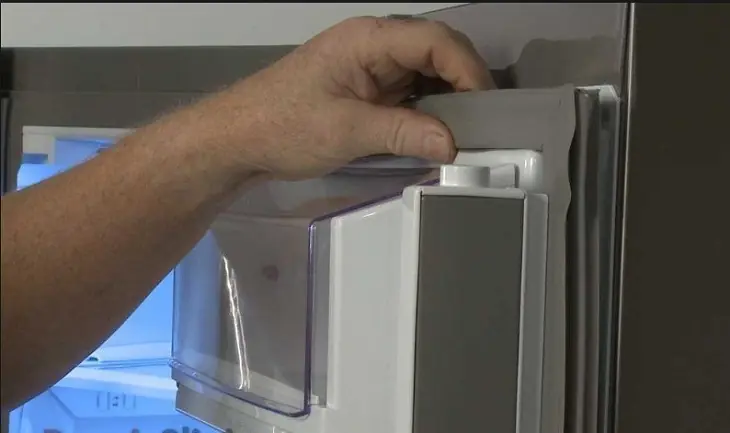
The right way to clean your refrigerator’s rubber door seal
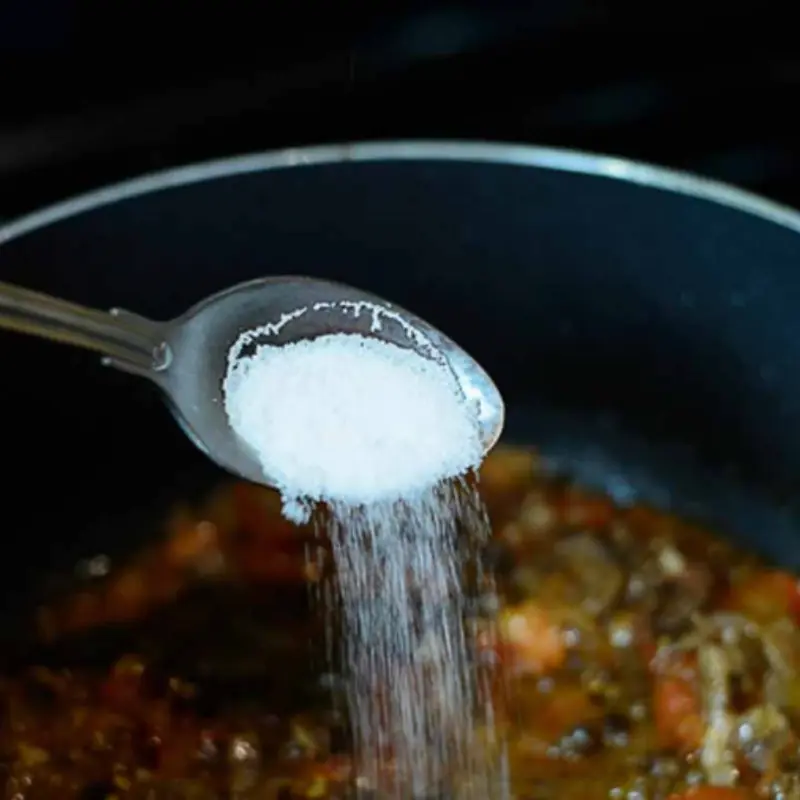
Oversalted your dish? Don’t dilute it with water—add this one ingredient to balance the flavor fast.
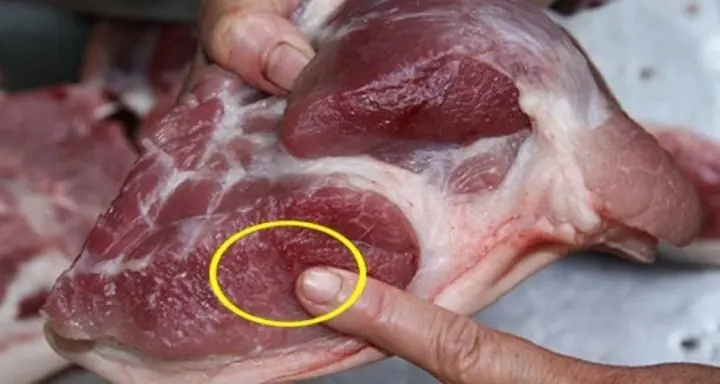
Butcher’s Honest Advice: When Buying Pork, It’s Best to Avoid These Three Types — Only the Uninformed Like Them

How to Effectively Remove Black Mold Spots from Household Items
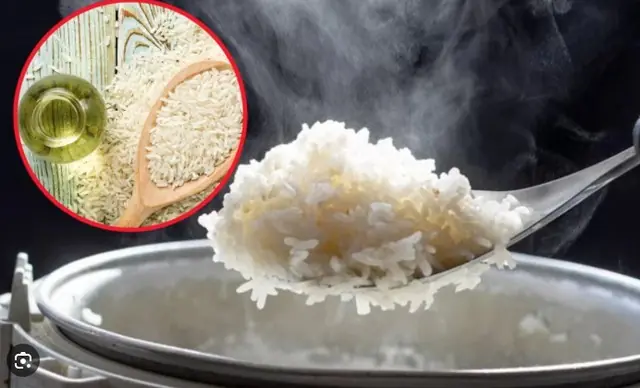
Many people cook rice every day—but still get it wrong: 4 simple tips for tastier rice and better digestion

Little Black Bugs in the Bathroom? Here’s What They Are & How to Get Rid of Them for Good
News Post
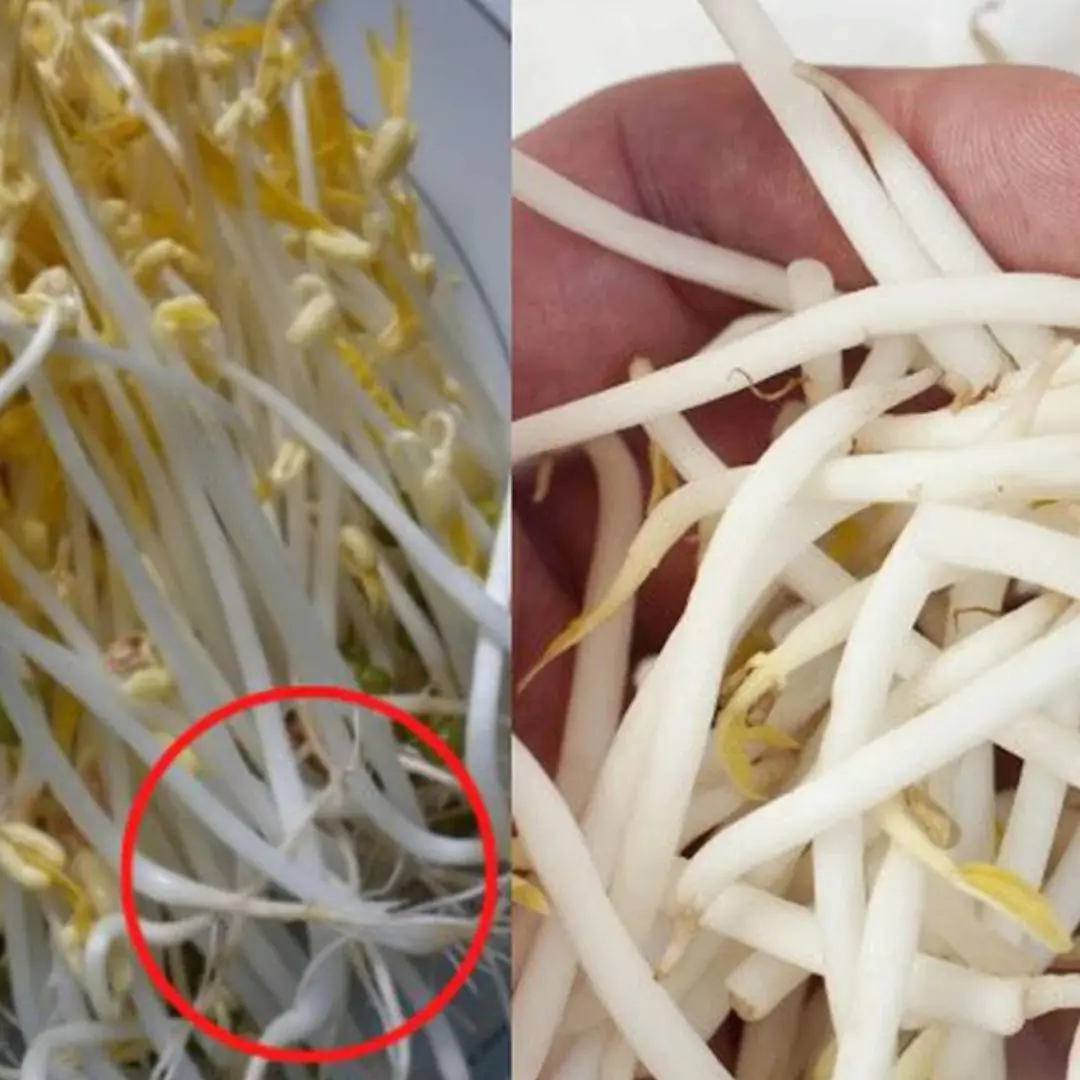
Vegetables listed as can.cer -causing that many people still eat, should be stopped immediately

6 Simple Ways to Reduce Water Retention — and What Your Swollen Feet May Be Telling You

Both members of a ‘healthy’ couple developed can.cer. Doctors say one daily drink habit may be the reason
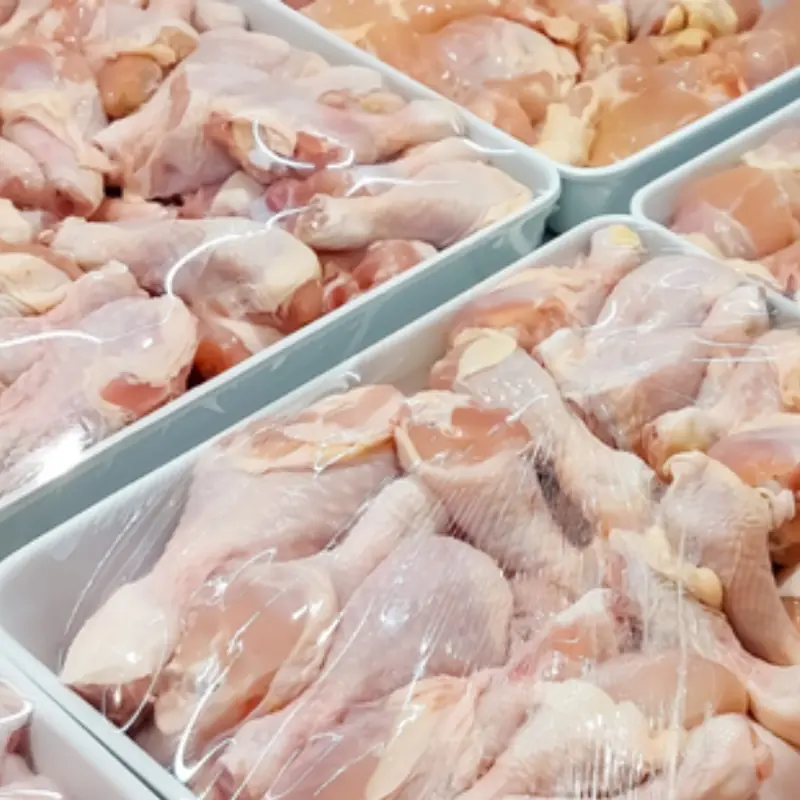
A longtime chicken vendor warns: “Even if they’re dirt cheap, never buy these 3 types of chicken.”

If you often notice ringing in your ears, this might be a sign that you will suffer from...

Fridge leaking water: Don't rush to call a technician, just do this to keep your fridge running smoothly without spending money

Rapamycin Reduces Lung Tumor Count by Up to 90% in Tobacco-Exposed Models

World-First Breakthrough: Base-Edited Gene Therapy Reverses "Incurable" T-Cell Leukemia

Twin Study Reveals Gut Microbiome's Role in Multiple Sclerosis Development
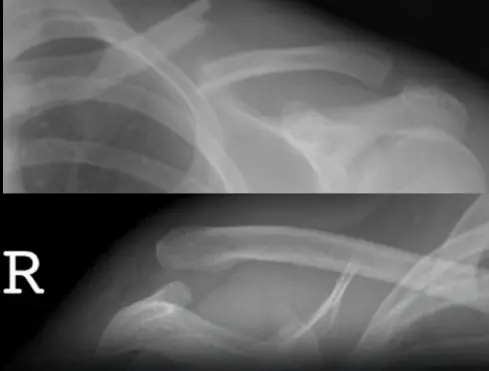
This Drink Will Destroy Your Bones From The Inside But Everyone Drinks It Anyway
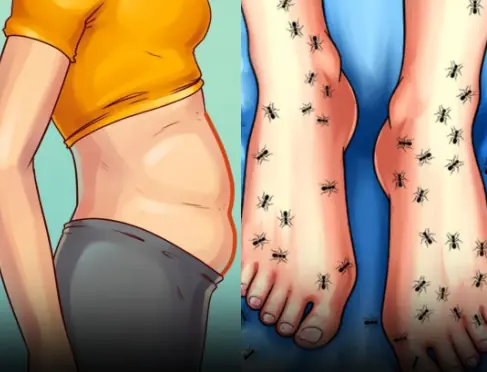
High Blood Sugar: 13 Early Warning Signs & 9 Strategies to Regain Control

Early Warning Signs of Liver Damage — And How to Protect and Strengthen Your Liver Naturally

Man has stroke after bathing right after meal: 3 mistakes you shouldn’t make

7 Power-Hungry Home Appliances: Unplugging Them Can Save Electricity—but Also Shorten Their Lifespan
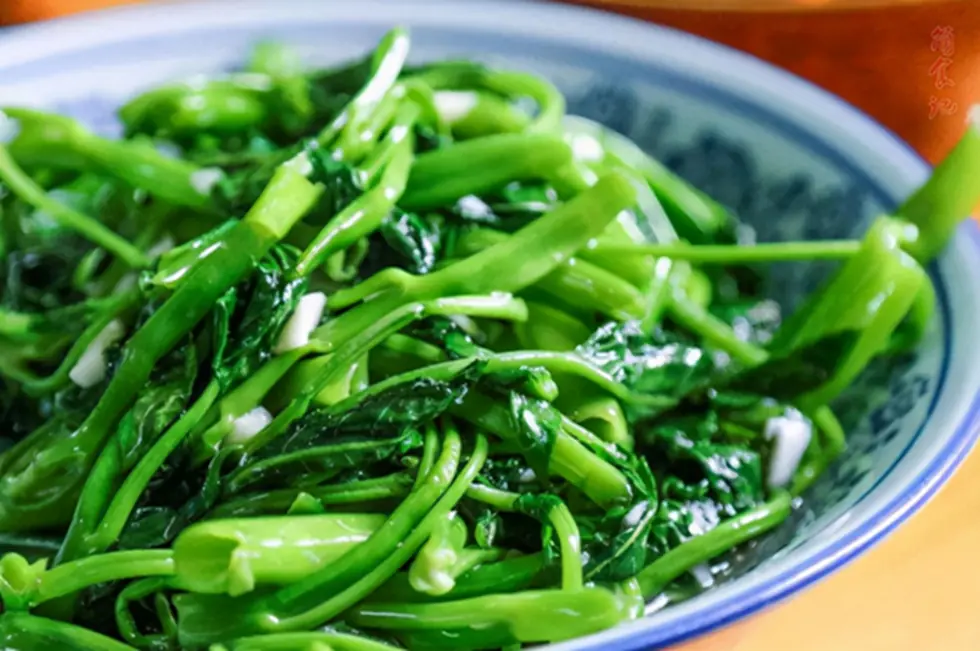
Most leftover food can still be eaten—but there are two types you’re better off throwing away than “slowly pois.oning yourself.”

Dreaming of “inti.macy” with the opposite s.ex: Most cases come from these 2 reasons—don’t be naïve and misunderstand it

Avoid These 6 Foods That Can Harm Your Thyroid Health

Coconut Water and Your Kidneys: The Truth You Should Know
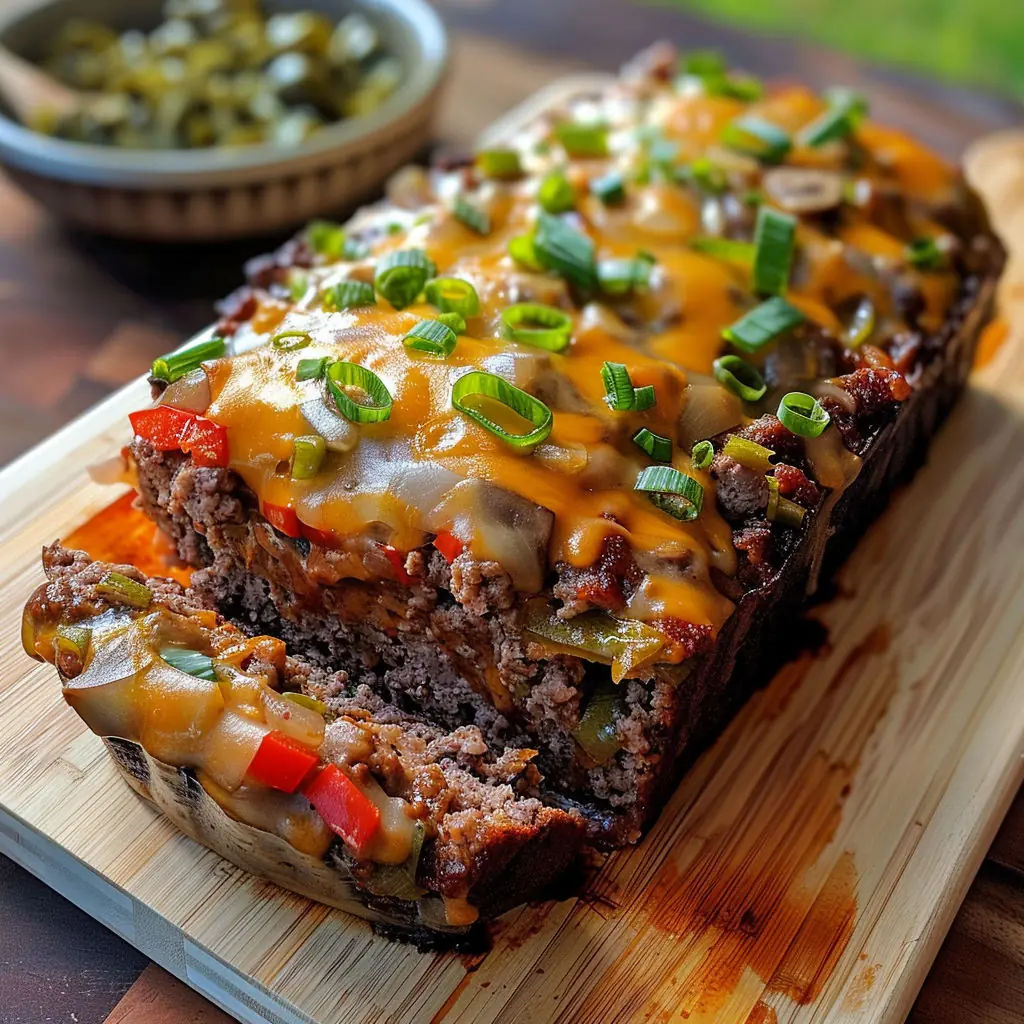
Philly Cheesesteak Meatloaf
